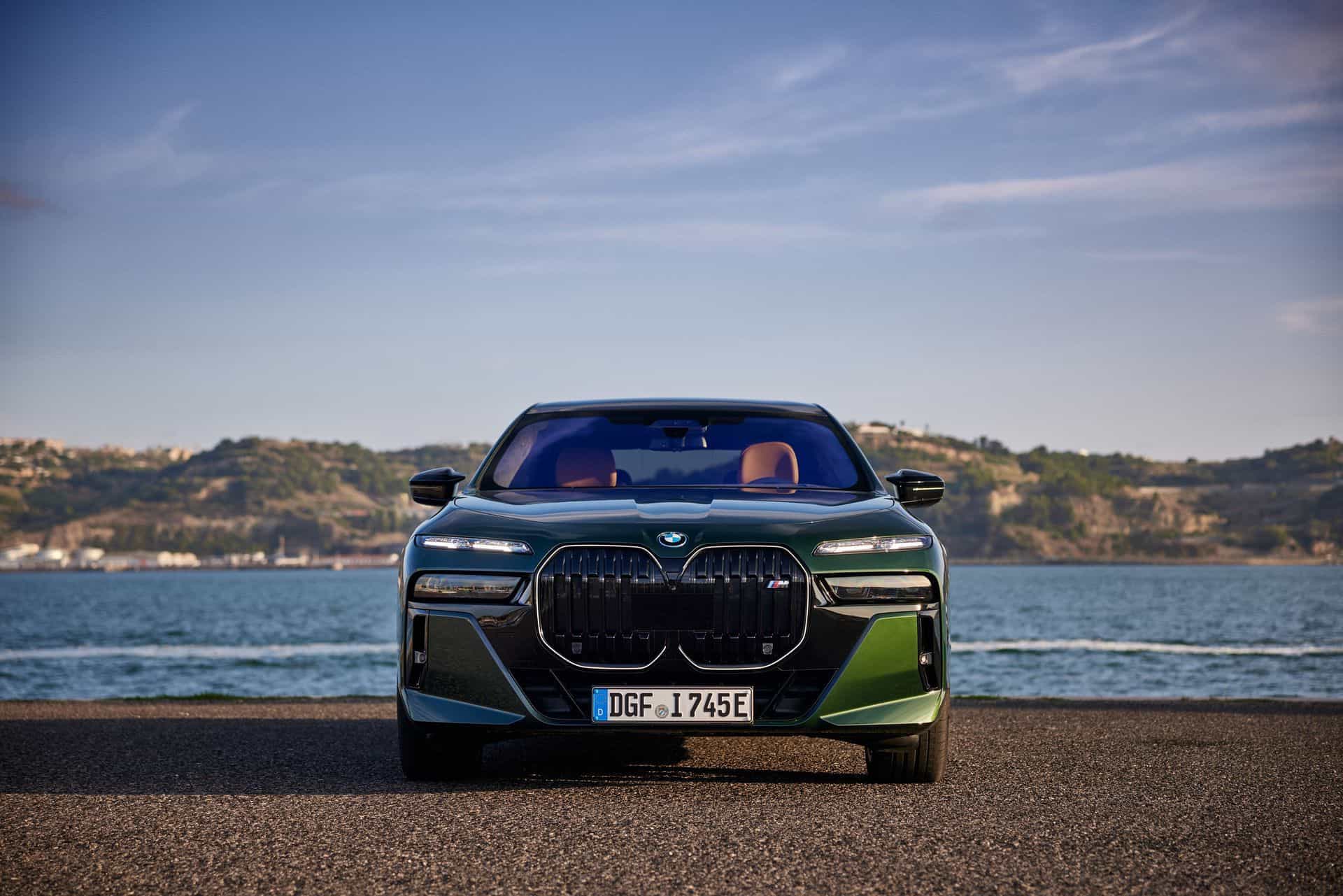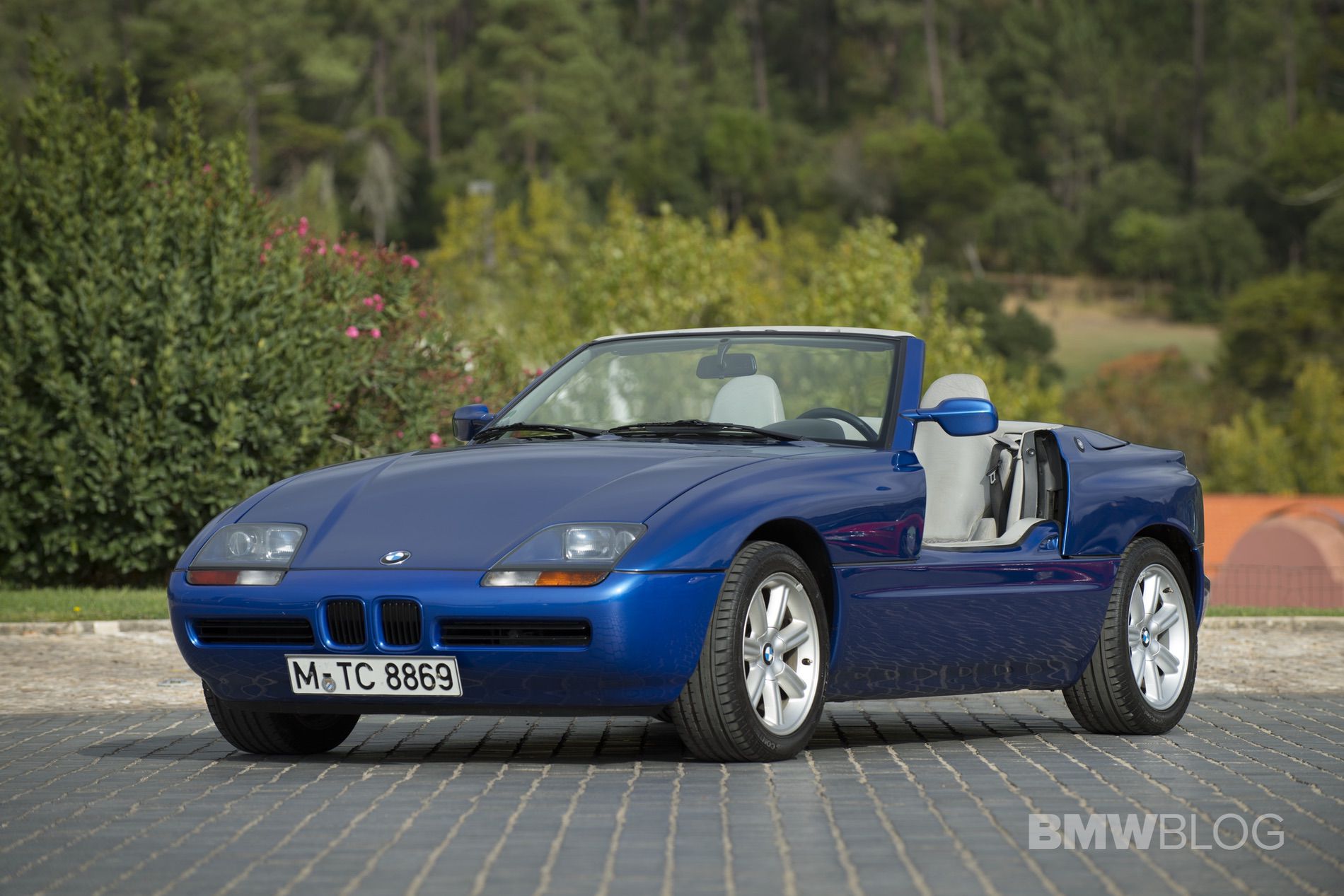It’s been nearly half a century since BMW first experimented with hydrogen prototypes. In the late 1970s, a first-generation 5 Series (E12) in 520i specification had its combustion engine reworked to run on liquid hydrogen for the 520h. Other test cars followed, including V12-powered 7 Series sedans capable of running on both gasoline and hydrogen. More recent efforts, however, have focused exclusively on fuel cell prototypes. Come 2028, BMW’s first series-production hydrogen car won’t use a combustion engine either.
Three years ahead of launch, BMW is laying the groundwork by commencing prototype fuel cell production at its Steyr and Munich sites. Series production of the fuel cell system will begin in 2028 at the Steyr facility, while certain drive system components will be built in Landshut. The latter site will start adding the necessary equipment for series production in May 2026.
This new fuel cell system is billed as the third generation. The original setup, used in the 2010s, was borrowed entirely from Toyota. The second generation powers the iX5 pilot fleet. In these SUVs, only the individual cells come from Toyota. The rest of the system was developed in-house by BMW.
The upcoming setup will be a joint effort between the two companies to drive down costs. Compared to current hardware, it will be 25% smaller for easier packaging in production vehicles. A much higher power density will make it possible without negatively affecting efficiency. BMW also highlights a high level of integration, making it possible to deploy the hydrogen system across multiple platforms.
BMW and Toyota also promise improvements that will benefit customers directly: greater range, more power, and lower energy consumption. While BMW has yet to reveal the identity of its first hydrogen model, we’ve reported it will likely be the X5. Not the current version, but the next-generation X5 (G65) launching in 2026.
Initially offered with gasoline, diesel, plug-in hybrid, and battery-electric drivetrains, the luxury SUV is expected to gain a fuel cell hydrogen variant two years into its life cycle. Reports also suggest the fifth-gen X5 could receive an EV derivative with a range-extending gasoline engine serving as a generator.
Source: BMW




























































